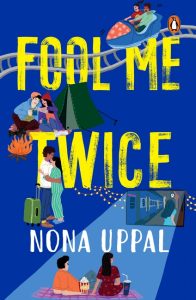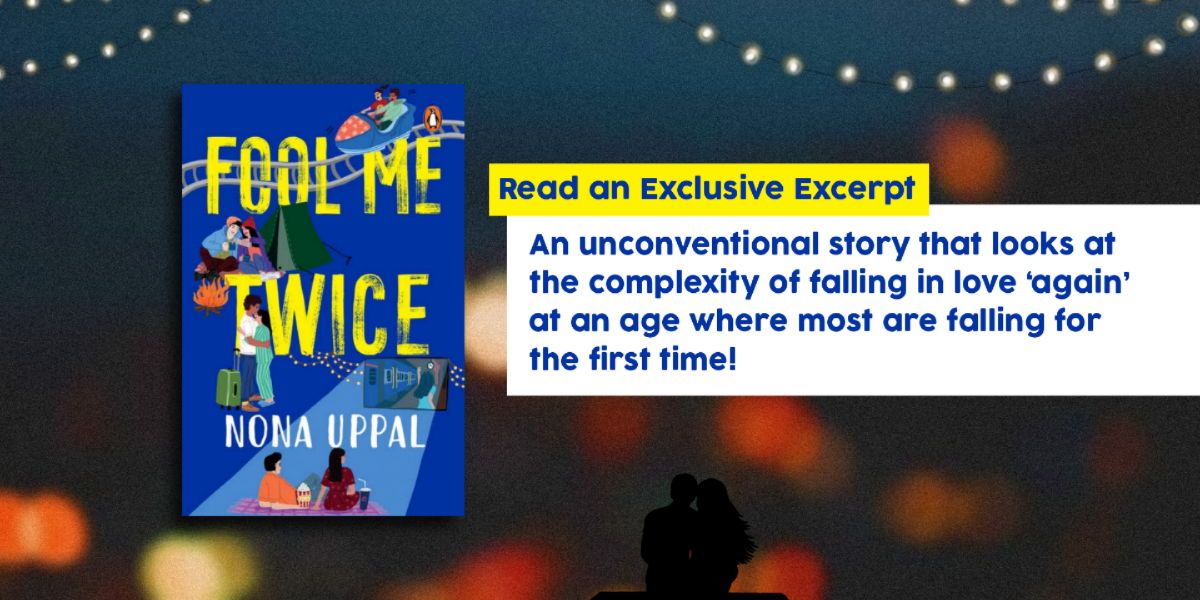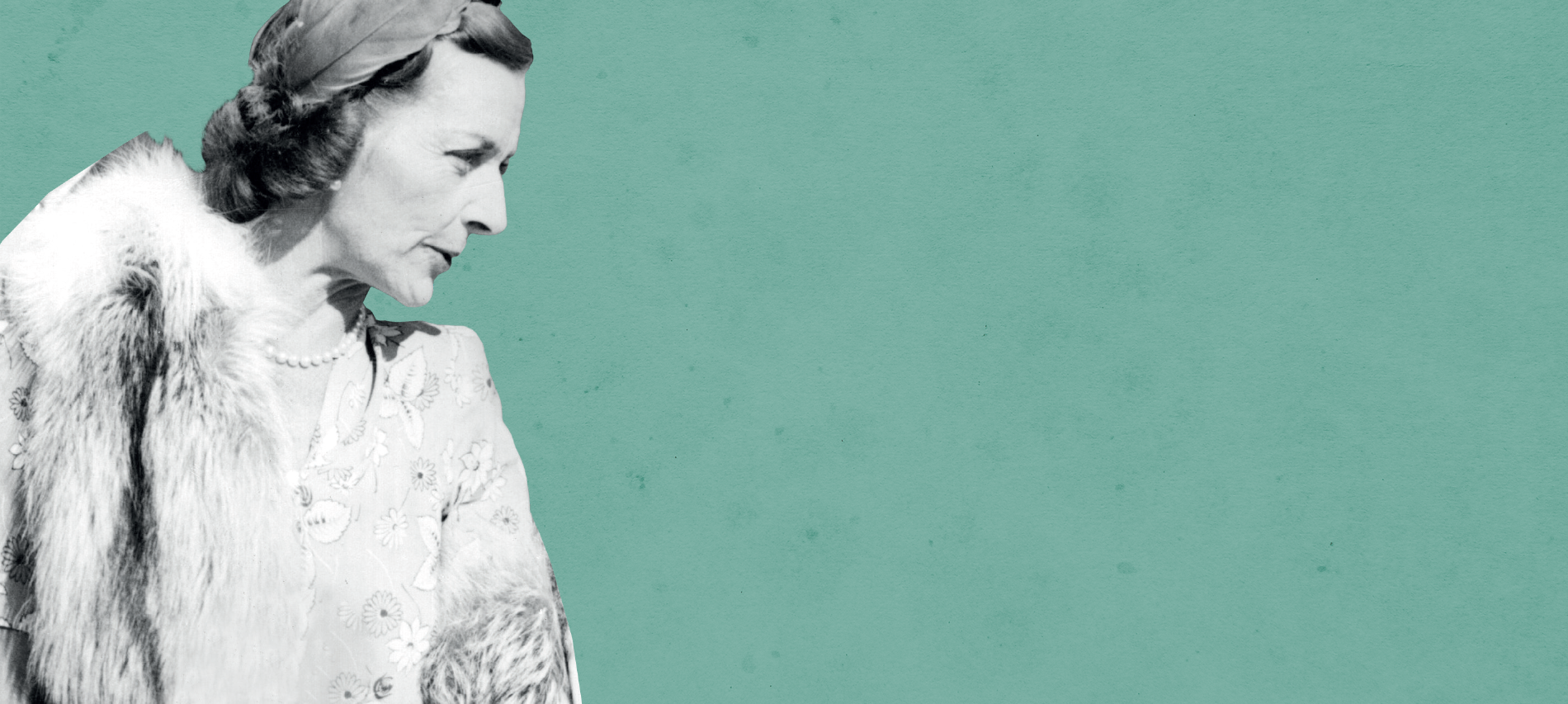Ever wondered what happens when teenage romance collides with life’s unexpected curveballs? In Fool Me Twice by Nona Uppal, the answer unfolds amidst the bustling streets of New Delhi. Brace yourself for a whirlwind of emotions as we delve into Sana’s journey of love, loss, and the resilience that follows.
Read this exclusive excerpt to know more!

***
‘Ashish, can you cut it out, please? You’re going to get us arrested.’ Bani had been game for Ashish’s plan in theory, which meant she, half-drunk on a pint of beer, had nodded furiously when he had explained it. Now that they were mid-execution, it seemed at least slightly criminal.
‘I’m too young and pretty to go to jail.’ Ashish turned around to glare at Bani.
‘I’ve got this,’ he hissed back.
‘Bhaiya, in sabka kitna (How much for these)?’ Ashish asked the man handling the roadside bird shop, pointing to all the birds on display. ‘And the ones at the
back too.’
The shop, called ‘Flying Dreemz’—a five-minute walk from our school, Horizon High International, in Hauz Khas—adorned the streets with the pastel hues of pink, blue and green cages that could only do so much to hide the sad faces of the birds trapped in them. The shopkeeper was understandably suspicious. Was he being recorded for a prank on TV?
‘Sab? Fifty ke fifty? Pakka?’ he confirmed. The deal was one of those too-good-to-be-true kinds.
‘Haan, pakka. All birds, no discount. Kitna?’
Ashish had no way to determine if the price the shopkeeper quoted was a steal or a loot. When his father had handed him the stack of notes, he’d been ultra-generous. ‘Make sure you get her something nice,’ he had said, patting Ashish on the back.
Handing the shopkeeper the money warily, Ashish wondered if this was going to be a disaster.
‘Badiya sir,’ the shopkeeper said, comically bobbing his head as he retrieved the notes from Ashish.
Having successfully completed the transaction, Ashish looked at Bani with his ‘Are you game?’ eyes.
‘This could either be epic or an epic blunder,’ she blurted out, her hands fixed on her phone camera, with Ashish positioned in the centre of the shaky frame.
‘Lekar kaise jaayenge aap inhe (How will you take these)?’ The guy asked Ashish, eyeing his i10. ‘Truckwruck ka kuch arrangement?’
But carrying the birds home was not what Ashish had in mind.
One by one, he unlocked the cages that weren’t really locked in the first place. Having been born and bred in captivity, it took a few seconds for the birds to
realize what an open cage meant. Only when one of them dared to flap its wings and fly into the blue sky did the others realize they could do it too.
‘Yeh kya kar rahe hain aap?’ the shopkeeper shrieked, finally looking up from counting his earnings.
‘Saala paagal!’ he scrambled to lock the leftover cages, yelling profanities at Ashish and Bani, but it was too late. The last bird had already flown away.
Ashish hadn’t gone mad, though. Far from it. Every day for the past two years, Ashish, Bani and I had walked out of our school’s main gate soon after the final school bell for a quick ice cream before heading back home. Our trusted Kwality Walls cart was usually parked right next to this bird shop, the ownership of which had been passed down to many different men over the years. Despite looking forward to my Cola bar all day, my skin burning from the sweltering heat, one look at the birds would make me lose all my appetite. I admit that it was mostly silly. But I couldn’t drown it out. All those pretty birds locked away in pastel-coloured cages, waiting for someone to set them free. Instead, they were bought by rich people and carried in cars to jazz up their maximalist homes.
It was one of those things I thought no one was noticing, a two-second glitch on my face that the most attentive of eyes could miss. Here’s where I got it wrong—Ashish was always looking. So, for my eighteenth birthday, when his consistent pleading for me to tell him what he could gift me failed, he rejigged his strategy. What could he do that would mean more than buying me a pair of shoes I would ditch for my Bata chappals or a bag to fill with stuff I would much rather carry in my hands?
After capturing the rainbow colours in the sky as the birds flew away, Bani panned the camera towards Ashish’s face. ‘Look here,’ Bani signalled.
Ashish faced the camera. ‘I don’t know if this is stupid,’ he said. ‘Umm, it probably is. But, fuck it. It fits because I’m stupidly in love with you. Happy birthday, Sana.’
Bani turned the camera around to record herself.
‘If you think it’s stupid, it was all his idea,’ she said, laughing. ‘But I love you too, munchkin.’
The end was a lot choppier than the rest—the camera being stuffed, while still on, in Bani’s bag, as they escaped in Ashish’s i10 that drove like it was always in second gear. I saw the video and heard the entire story a week later, on the night of my birthday, as Ashish and Bani sat next to me and played it on Bani’s laptop. Scrunching up the fabric of my loose t-shirt to wipe the fat tears trickling down my cheeks, I broke out laughing as the end scenes rolled. This kind of luck and love, I realized, might just be illegal to possess.
***
Curios to know what happened next?
Get your copy of Fool Me Twice by Nona Uppal wherever books are sold.









